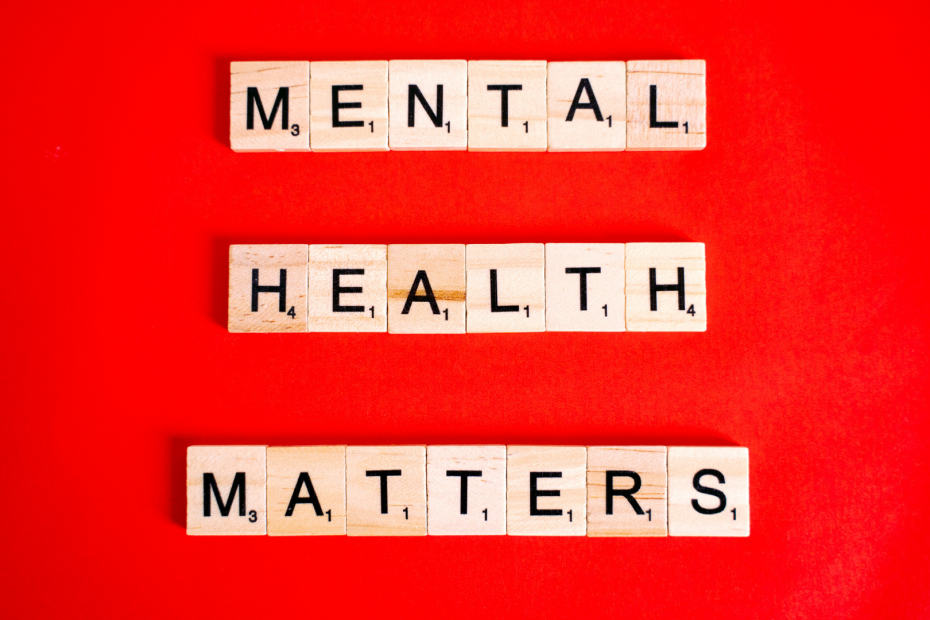Mental health and mental illness are words that are often used interchangeably by the media and the general public. But there is a difference between the two, and understanding it can be the difference between getting help for yourself or being told your problems aren’t serious enough. As with any other health condition, mental health is something you can control and should never be taken for granted. That’s why it’s important to know all you can about what it means to be mentally healthy.
In this article, we will be discussing mental health and mental illness. When we say “mental health,” we are referring to how you feel about yourself and how you interact with the world around you. When we say “mental illness”, we refer to a more serious condition that affects the way you think, act, and feel about yourself and how you interact with the world around you.
What is mental health?
Mental health is that which concerns the mind and emotions. It is commonly referred to as an individual’s emotional, psychological, and behavioral well-being. Mental health is the condition of being mentally healthy
“What is mental health?” is a common question, with a difficult and complex answer. Mental health is a collection of factors that contribute to our ability to live healthy, productive lives. Mental health is a term that is used to describe the mental processes that we carry out every day, including thinking, feeling, remembering, and imagining. Mental health is a term used to refer to mental processes that are healthy and normal.
Your mental health may be fluid and affected by different things such as newfound addictions, phobias, issues, and so on. These issues may be quite easily dealt with by seeking out therapy, counseling, or hypnosis for past life regression. While these issues may be lifelong, they do not severely cripple your ability to function as a normal person on a daily basis.
Mental health is a term that could mean many things. In this country, we tend to think of mental health as a state of well-being. If you’re associated with mental health, and you have the ability to feel good about yourself, you’re probably a lot happier, have a better sense of purpose, and enjoy your life more.
Some experts define mental health as your ability to feel comfortable in your own skin. Others define it as being able to live a happy and fulfilling life. Still, others say you should prioritize your mental health by understanding what can lead to mental illness and what you can do to protect yourself. The most important thing to know, though, is that whatever you call it, your mental health will always be your responsibility. You could look at a Thailand mental health retreat or other similar facilities in your area, if you feel that you have a need to improve your mental health.
What is mental illness?
Mental illness is a term that refers to a range of conditions that are characterized by distorted perception, impaired thinking, and irrational behavior and is often accompanied by symptoms such as anxiety, depression, and other psychological problems. A mental illness is a broad term used to describe a specific illness or any condition that affects your mind and emotions.
Understanding mental illness can be challenging for many individuals, given the stigma associated with the term. It is often misunderstood and carries negative connotations of irrationality and suffering. However, in reality, it is a broad term encompassing various disorders affecting thoughts, feelings, and behaviors. Some of the common conditions include ADHD, OCD, Bipolar Disorder, Schizophrenia, and more. Addressing these conditions might require a thorough and comprehensive approach, which can include counseling sessions and various therapies such as Ketamine IV Infusion Therapy and TMS. Seeking support from therapists or reaching out to psychotherapy centers like Serenity Mental Health can be a practical option in such scenarios.
So, what is the difference between mental health and mental illness?
The distinction between mental health and mental illness lies in several factors. Mental health pertains to a state of overall well-being and the capacity to manage everyday stressors effectively. In contrast, mental illness refers to diagnosable conditions that may necessitate treatment.
Mental health issues include depression, anxiety, bipolar disorder, schizophrenia, and obsessive-compulsive disorder. Mental illness is a medical diagnosis that describes a condition that causes significant distress and impairment in social, occupational, or other important functioning.
Coping strategies for mental health issues typically involve practices such as self-care, meditation, or, in some instances, utilizing stress-reducing supplements like Perfect Plant THCa Vape Carts. Conversely, coping mechanisms for mental illness often entail therapy, medication, and other specialized interventions tailored to address specific symptoms and challenges associated with the condition.
A lot of people are afraid to talk about mental health and mental illness. Perhaps you’re one of them. Maybe you’re worried about embarrassing yourself or others, or maybe you’re worried that the stigma surrounding mental health issues means no one will understand what you’re going through.
However, it is crucial to remember that talking openly about mental health and mental illness is a necessary step towards breaking down the stigma. By sharing our experiences and educating others, we can create a more compassionate and understanding society. Remember, you are not alone, and seeking support is a sign of strength. Together, we can strive for a world where mental health is prioritized and everyone feels supported on their journey towards well-being.
